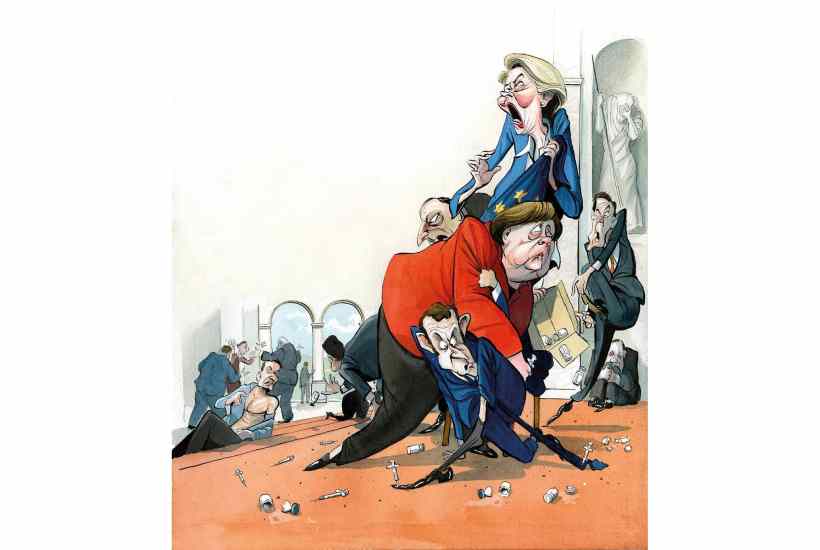The Omicron variant spreads far more quickly. It infects far more people. And it is already rampant around the world, and probably unstoppable no matter how quickly borders are closed, or restrictions on socialising are put in place. Still, despite that, the one thing we already know for sure is that booster jabs are very good at controlling serious disease, and governments are scrambling to get as many shots into arms as quickly as possible.
Already a subscriber? Log in
Subscribe for just $2 a week
Try a month of The Spectator Australia absolutely free and without commitment. Not only that but – if you choose to continue – you’ll pay just $2 a week for your first year.
- Unlimited access to spectator.com.au and app
- The weekly edition on the Spectator Australia app
- Spectator podcasts and newsletters
- Full access to spectator.co.uk
Or





















Comments
Don't miss out
Join the conversation with other Spectator Australia readers. Subscribe to leave a comment.
SUBSCRIBEAlready a subscriber? Log in